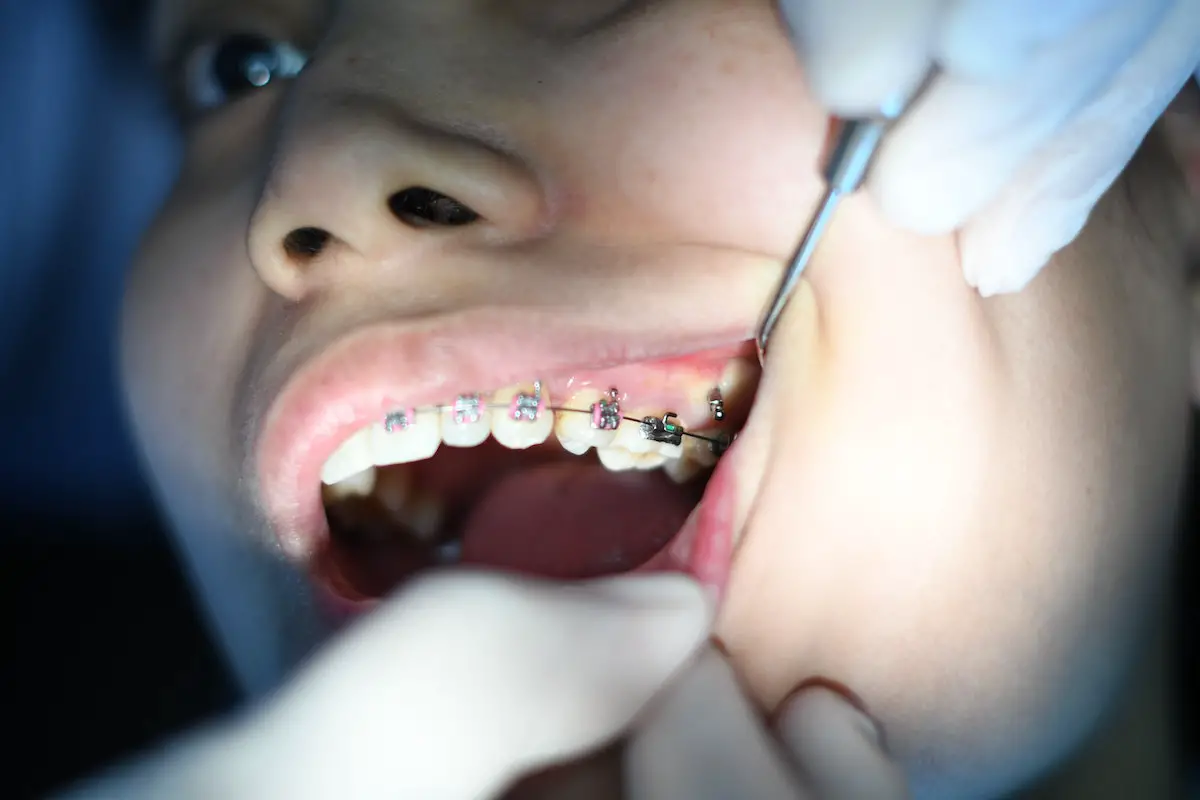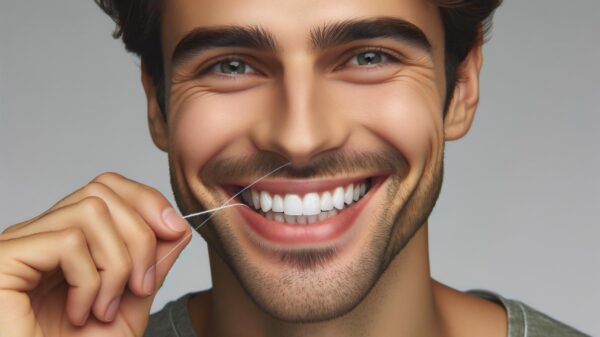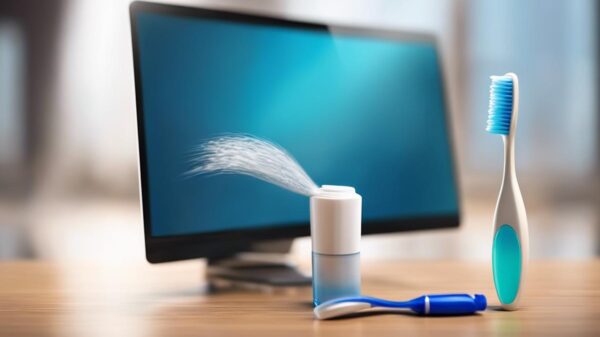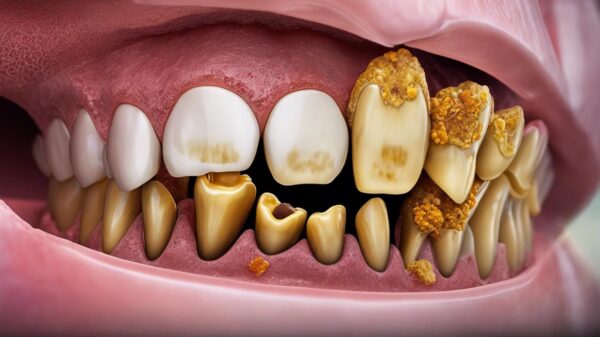What You Need to Know About Braces
When it comes to straightening teeth, there are a few different options available. One of the most popular is braces. Braces are metal brackets that are glued to your teeth and then connected by wires. They work by gently pushing your teeth in the desired direction.
But do braces permanently straighten teeth? Braces are not permanent. But with proper care, they can be very effective in straightening teeth. To ensure your teeth stay straight after braces, it is important to wear your retainer as directed by your orthodontist. By doing so, you can ensure the most long-lasting results from your braces.
In this blog post, we will answer these questions and more! We will also discuss the benefits of having braces besides just having straighter teeth, as well as how much they cost and if they are covered by dental insurance.
How Do Braces Work?
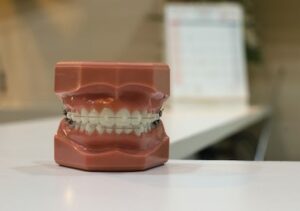 Braces work by putting pressure on your teeth and gradually moving them into the desired position. The process begins with a consultation with an orthodontist.
Braces work by putting pressure on your teeth and gradually moving them into the desired position. The process begins with a consultation with an orthodontist.
During this visit, the orthodontist will take x-rays, photos, and impressions of your teeth, which will be used to create a treatment plan.
Once the braces are put on, you will need to see the orthodontist for regular adjustments. During these visits, the wires will be tightened or replaced to continue moving your teeth.
The amount of time you will need to wear braces will vary depending on how much correction is needed. On average, most people wear braces for one to three years.
How to Ensure Your Teeth Stay Straight After Braces
Once your braces are removed, you will need to wear a retainer. A retainer is a custom-made mouthpiece that helps keep your teeth in their new, straight position.
Wear Your Retainer
You will need to wear your retainer as directed by your orthodontist. For most people, this means wearing it for at least 22 hours per day for the first six months after their braces are removed. After that, you can usually transition to wearing it at night only.
If you don’t wear your retainer as directed, there is a chance that your teeth will start to move back into their original position.
Practice Good Oral Hygiene
It’s also important to practice good oral hygiene both while you’re wearing braces and after your braces are removed. This means brushing your teeth at least twice a day and flossing once a day. By doing so, you can help prevent cavities and gum disease.
Permanent Retainers vs. Removable Retainers
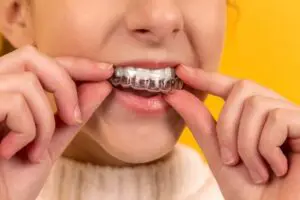 There are two types of retainers: permanent and removable. A permanent retainer is glued to the back of your teeth, while a removable retainer can be taken out and put back in as needed.
There are two types of retainers: permanent and removable. A permanent retainer is glued to the back of your teeth, while a removable retainer can be taken out and put back in as needed.
Your orthodontist will usually recommend a removable retainer because it is easier to keep clean. However, you may opt for a permanent retainer if you feel like you would be more likely to wear it as directed.
Alternatives to Traditional Braces
While traditional metal braces are the most common type of braces, they are not the only option. If you are looking for an alternative to traditional braces, there are a few different options available, including:
Clear Braces
Clear braces are made of clear ceramic brackets and are less noticeable than metal braces. They work in the same way as traditional braces, but because they are less visible, some people feel more comfortable wearing them.
Lingual Braces
Lingual braces are attached to the back of your teeth and are therefore not visible from the front. They work in the same way as traditional braces, but because they are less visible, some people feel more comfortable wearing them.
Invisalign
Invisalign is a virtually invisible clear plastic aligner. It is custom-made to fit your teeth and works by gradually moving your teeth into the desired position.
Some people prefer Invisalign because it is less noticeable than braces. However, it is important to note that Invisalign does not work for everyone.
How to Know if You Need Braces
If you’re wondering if you need braces, the best way to find out is to schedule a consultation with an orthodontist. During this visit, the orthodontist will examine your teeth and let you know if braces are right for you.
Common Signs You Need Braces
There are some common signs you may benefit from traditional orthodontics:
- Your teeth are crowded or spaced too far apart
- You have an overbite, meaning your upper teeth bite down over your lower teeth
- You have an underbite, meaning your lower teeth protrude past your upper teeth
- Your upper and lower jaws don’t line up correctly
- You grind or clench your teeth
If you are experiencing any of these problems, it is best to consult with an orthodontist to see if braces are right for you.
Is It Better To Have Braces At a Young Age?
There is no definitive answer to this question. Some people believe that it is better to have braces at a young age because your teeth are still growing and therefore more responsive to treatment.
Other people believe that it is better to wait until you are an adult because you will be less likely to need a second round of treatment.
The best way to know if you or your child needs braces is to consult with an orthodontist.
Benefits of Having Braces Besides Straight Teeth
 While having straight teeth is the primary benefit of wearing braces, there are a few other benefits as well. For instance, braces can also:
While having straight teeth is the primary benefit of wearing braces, there are a few other benefits as well. For instance, braces can also:
Improve Your Oral Health
Braces can help improve your oral health by making it easier to brush and floss your teeth. This is because they remove the gaps between your teeth that can trap food and plaque.
Improve Your Speech
If you have misaligned teeth, it can affect the way you speak. Wearing braces can help improve your speech by aligning your teeth correctly.
Boost Your Self-Esteem
Having straight teeth can boost your self-esteem and confidence. This is especially true for children and teenagers who are self-conscious about their appearance.
How Much Do Braces Cost?
The cost of braces will vary depending on several factors, including the type of braces, the severity of your misalignment, and how long you need to wear them. On average, traditional metal braces can cost anywhere from $3000 to $5000.
Are Braces Covered by Dental Insurance?
Dental insurance typically covers a portion of the cost of braces. The amount that is covered will depend on your specific plan. For instance, some plans may cover up to 50% of the cost while others may only cover up to 20%.
If you’re considering braces, be sure to check with your insurance provider to find out what is covered.
There are a lot of things to consider when it comes to braces, but hopefully, this blog post has helped answer some of your questions.
How Many People Need Braces a Second Time?
While there is no definitive answer, it is estimated that 20-40% of people who have had braces will need them again at some point in their life.
This is because teeth can shift over time, even after you’ve had braces. This can be due to several factors, including:
Age
As you age, your teeth naturally begin to shift and move. This is because the ligaments and bones that support your teeth change as you get older.
Diet
What you eat can affect your teeth. For instance, sugary and acidic foods can contribute to tooth decay which can cause your teeth to shift out of place.
Grinding or Clenching Your Teeth
If you grind or clench your teeth, it can put pressure on them and cause them to shift.
Bad Habits
Certain bad habits, such as chewing on hard objects or opening packages with your teeth, can damage your braces and cause your teeth to shift.
While there is no guaranteed way to prevent your teeth from shifting after you’ve had braces, there are some things you can do to reduce the risk.
How to Keep Your Teeth Clean With Braces
It is important to keep your teeth clean when you have braces, even though it can be a bit more difficult. Be sure to brush at least twice a day and floss daily. You may also want to use an interdental brush or water flosser to help remove food and plaque from your teeth.
If you have any questions about keeping your teeth clean with braces, be sure to ask your orthodontist.
Do You Have to Go To The Dentist With Braces?
Yes, you will still need to see your dentist for regular checkups and cleanings even if you have braces. It is even more important to see your dentist regularly when you have braces so that they can check for any problems.
Final Thoughts
Braces are a big decision, both financially and for your appearance. Be sure to do your research and consult with an orthodontist before making a decision. And once you’ve decided that braces are right for you, follow the above advice on how to keep your teeth straight after braces!



